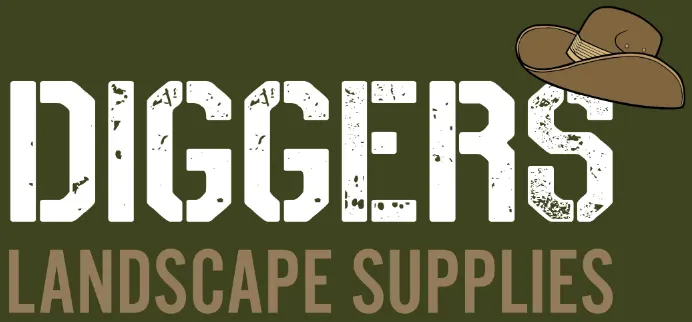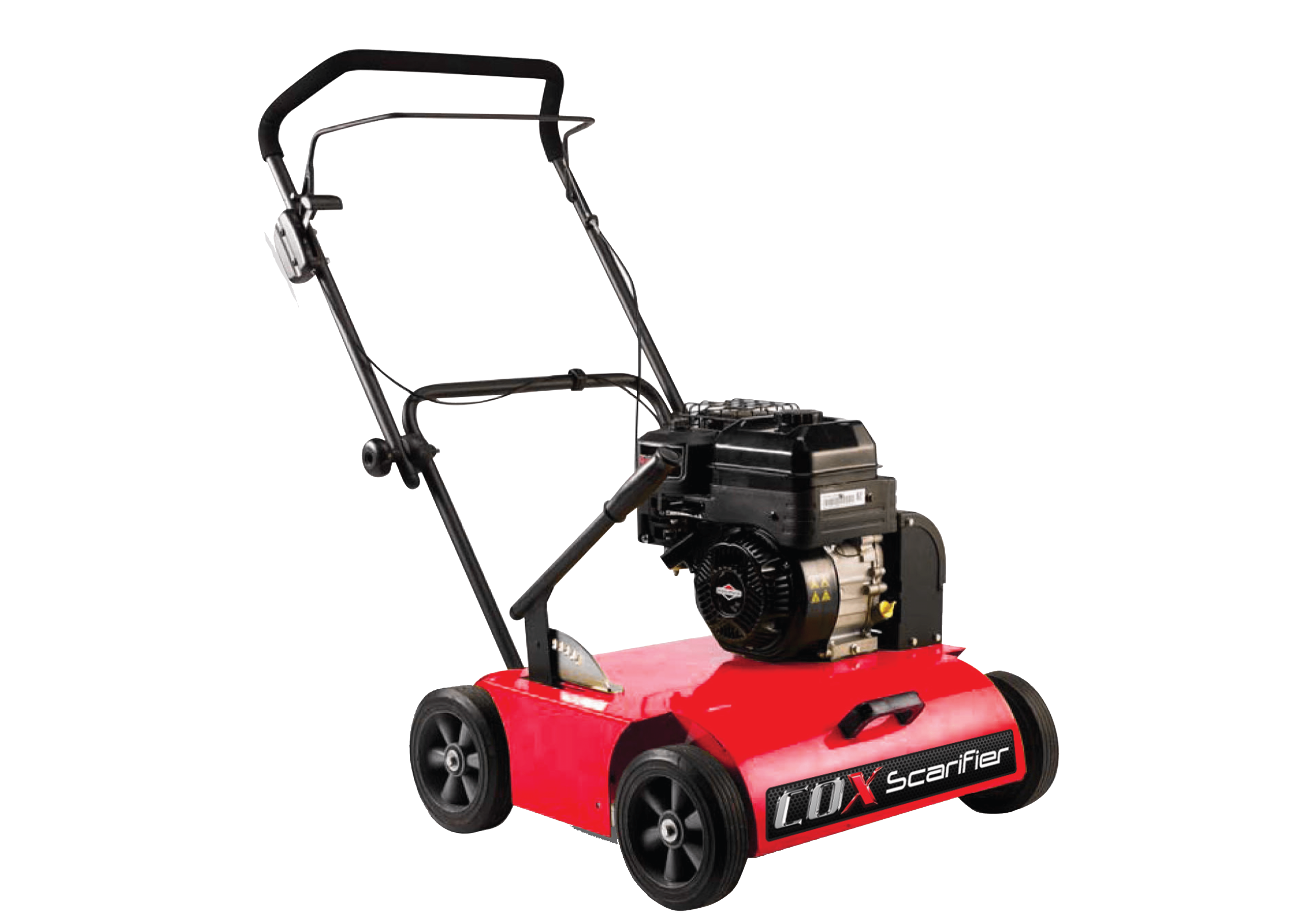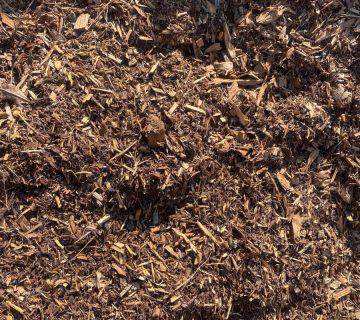Healthy soil is the key to a thriving garden. But if your plants are struggling, your soil might be the problem. Here are five clear signs that your garden soil needs improvement and what you can do to fix it.
1. Poor Drainage or Waterlogging
Does water sit on the surface after rain? Do your plants look waterlogged? This means your soil is compacted or has too much clay, preventing proper drainage and suffocating plant roots.
Why it matters:
Waterlogged soil suffocates roots, increases the risk of rot and fungus, and makes it hard for plants to grow.
How to Fix It:
- Mix in organic matter like compost to loosen the soil and improve drainage.
- Add sand or perlite to help water flow through.
- Consider raised garden beds for better control over soil conditions.
2. Hard, Compact Soil
If digging into your soil feels like breaking concrete, your plants’ roots are struggling too. Compacted soil makes it difficult for water, air, and nutrients to reach plant roots, stunting their growth.
Why it matters:
Compacted soil leads to stunted growth and poor plant health. It also makes watering less effective, as water runs off instead of soaking in.
How to Fix It:
- Loosen soil with a garden fork or aerator.
- Mulch to retain moisture and reduce compaction.
- Add earthworms or grow cover crops to improve the structure naturally.
- Add chicken manure-based products to help with clay breaking.
3. Nutrient Deficiencies
Yellowing leaves, slow growth, and weak stems are signs that your soil is lacking essential nutrients. Without the right nutrients, plants can’t thrive.
Why it matters:
Without the right nutrients, plants can’t build strong stems, roots, flowers, or fruit.
How to Fix It:
- Test your soil to identify what’s missing.
- Enrich it with compost, manure, or organic fertilisers.
- Rotate crops each season to maintain balanced nutrients.
4. Too Many Weeds
Weeds love poor soil conditions. If weeds are thriving while your plants struggle, your soil may be depleted of nutrients or have an imbalance.
Why it matters:
Weeds steal nutrients, water, and light from your garden plants, and their roots often make the soil even harder to manage.
How to fix it:
- Apply a thick layer of mulch to suppress weed growth and keep moisture in.
- Hand-pull or hoe weeds before they flower and spread seeds.
- Improve soil quality with compost and organic matter to make it more suitable for your desired plants.
5. Cracked or Eroding Soil
If your soil crusts over and cracks or washes away after rain, it lacks organic matter and structure, making it hard for plants to establish strong roots.
Why it matters:
Cracked or eroded soil leaves roots exposed, reduces water retention, and strips away valuable topsoil.
How to fix it:
- Add compost, peat moss, or aged manure to restore structure and hold moisture.
- Apply mulch to protect the surface from sun and rain.
- Plant ground covers or low-maintenance plants to reduce erosion and improve soil stability.
Need Better Soil? We’ve Got You Covered.
At Diggers Landscape Supplies, we supply premium garden soils, compost, mulch, and organic materials designed to give your garden exactly what it needs to thrive.
Whether you’re fixing compacted clay, topping up tired garden beds, or starting fresh with a veggie patch, we can help. Our team knows the local soil conditions and can recommend the best solution for your space.
Final Thoughts
If your garden isn’t performing the way it should, don’t just throw more water or fertiliser at it. Check your soil. Fixing common soil issues like poor drainage, compaction, or low nutrients can make a huge difference in how your plants grow.
Healthy soil means strong roots, fewer pests, better water use, and a garden that flourishes year-round. Take the time to improve your soil now, and your garden will thank you for seasons to come.
Frequently Asked Questions
How do I know if my garden soil is bad?
Look for signs like water pooling on the surface, hard, compact soil, yellow leaves, too many weeds, or cracked and dry soil.
What’s the best way to improve garden soil?
Add compost or organic matter, use mulch, test your soil, and rotate crops. For compact soil, break it up and improve drainage.
Why is my garden full of weeds, but nothing else grows?
This often means your soil is low in nutrients or poorly balanced. Weeds thrive in weak soil where other plants struggle.
Can I fix poor soil without replacing it?
Yes. You can improve poor soil by mixing in compost, adding mulch, and planting cover crops to build up the soil naturally.
Where can I buy good garden soil near me?
You can get quality garden soil from Diggers Landscape Supplies. We offer a range of blends perfect for improving your garden.


